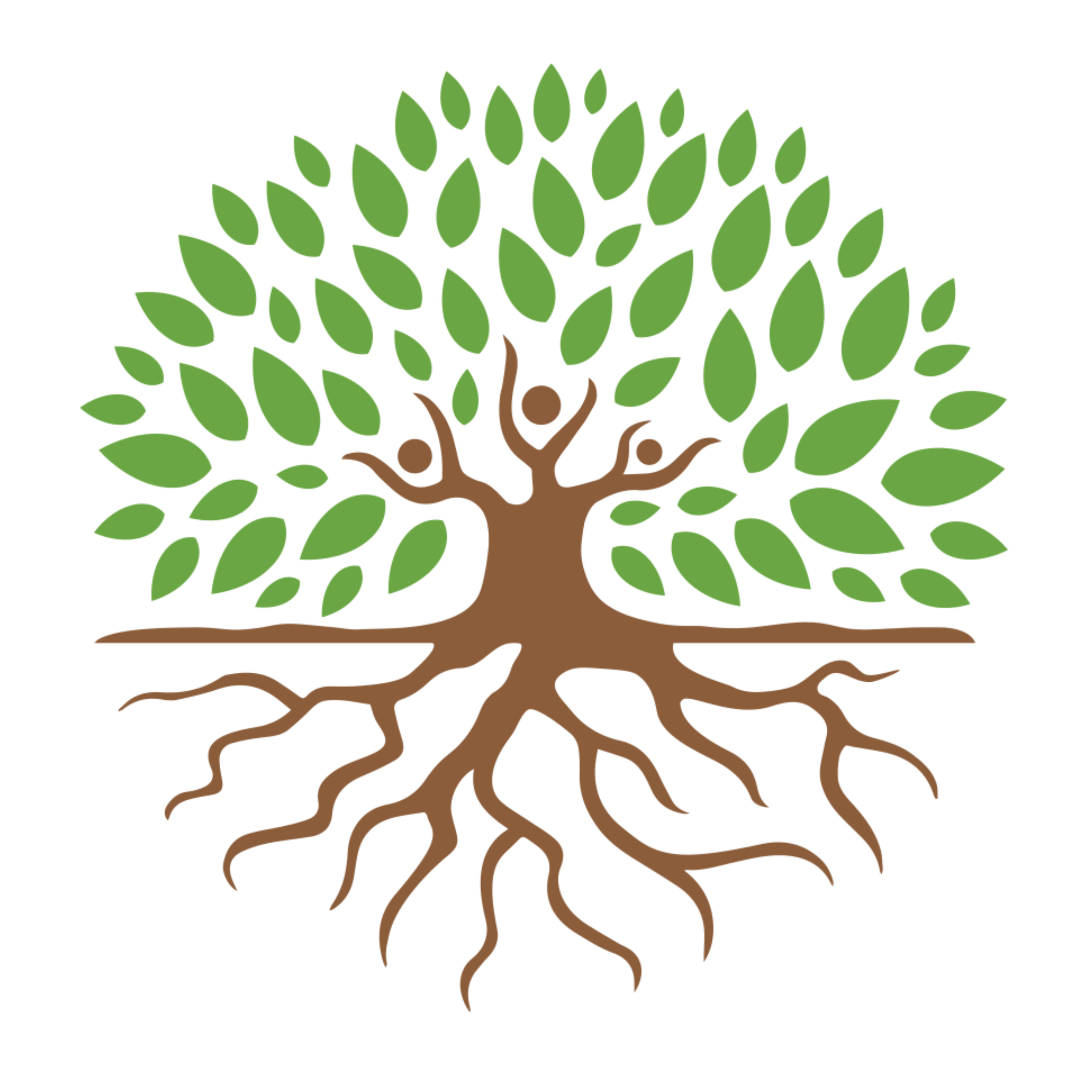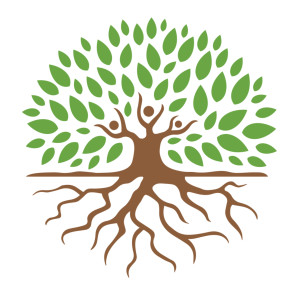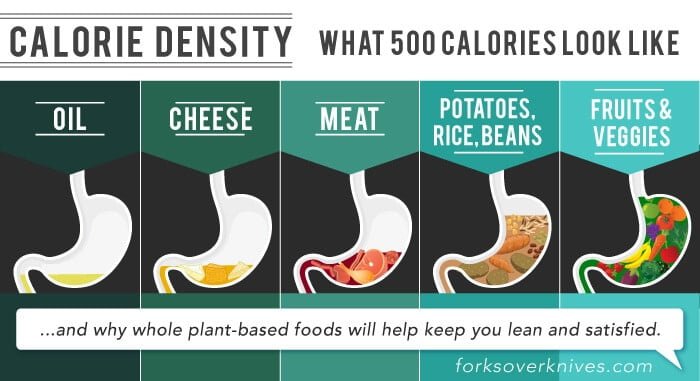
5.1K
Downloads
59
Episodes
Physicians and other experts help you reverse disease and reclaim your health; we explain, and teach, you how. If you are trying to prevent or undo a chronic illness, this is your podcast. For more information: cprhealthclinic.com Your genetics are not your destiny. 80% of chronic health problems can be reversed, or prevented- this includes conditions like heart disease, high blood pressure, type 2 diabetes, and on and on. Join specialists in disease reversal and prevention on a journey that will show you how to take control of your health back into your own hands. The way you live can save your life. Columbus Prevent and Reverse focuses on helping you change your behavior so that you actually do what you say you will. We only use methods that are supported by good evidence. For more information on our services, check out cprhealthclinic.com and make a free appointment. (we do not provide medical care) Disclaimer: While we give evidence-based information on this podcast, your personal details and situation are not known to us. Make sure you‘re discussing health-improving strategies, including what we talk about on this podcast, with your physician.
Episodes

Wednesday Jun 21, 2023
How To Eat to prevent, or reverse, heart disease - Part 1
Wednesday Jun 21, 2023
Wednesday Jun 21, 2023
Nutritionist Heather Borders (former astronaut trainer) takes us into the nuts and bolts of how to eat when heart disease is a concern.
Find her at Kailo Nutrition

Partial Transcript Below (AI-generated, so there may be errors - if you want the whole transcript sign up for the newsletter at cprhealthclinic.com)
Nutritionist Heather Borders: we have our whole life ahead of us. I don't wanna be controlled by, the clinical world. I don't wanna have to be chained to a doctor. I don't wanna have to be chained to medication.
C p r. It's what happens after someone dies as a last ditch high-intensity effort. Unlike the movies, it usually fails. What if we used that drive while we're still alive to heal ourselves? Welcome to C P R for life where we help you understand how to reclaim your health by changing your everyday life.
I'm Dr. Sagar Doshi, board certified in both lifestyle and emergency medicine and Certified Health Coach.
Our health is like a vehicle. I've seen too many people, including my own family, crash their health because they don't realize they are the ones driving. This podcast aims to help each of us take the wheel and learn where to go. But even though these conversations are evidence-based, they are just for your education.
So please talk with your physician before making changes.
Sagar: Welcome everybody today with me. We have a wonderfully interesting and knowledgeable guest. Her name is Heather Borders. She's a culinary dietician and the founder of Kylo Nutrition, a culinary nutrition practice in Florida. Her focus is on chronic diseases such as diabetes, heart disease, and autoimmune disease.
Sagar: She became a Food for Life instructor with P C R M, which is the Physician's Committee for Responsible Medicine and has a certificate in plant-based cooking from ru, and she's also done the plant-based Nutrition course from E Cornell. She's collaborated with Dr. Michael Clapper with the Moving Medicine Forward Initiative and starting in 2023.
Sagar: She's helping with building the nutrition curriculum for a new lifestyle medicine program in Texas called New Me Health. In addition to her degree in nutrition, she has degrees in aerospace engineering, mechanical engineering, and business. You have an unusual entry into healthcare. I see on your website there's a picture of you floating in an airplane in a zero G plane. Tell me how you made your way from the engineering world, even into the engineering world, and now are a plant-based nutritionist.
Nutritionist Heather Borders: Thank you again for having me. Basically fell in love with space science , I was really young. I, I remember the, the challenger accident. I was, watching it in school and I just, I lo I, it, it kind of perverse, but that really got me started. I really was very fascinated with the space shuttle program and. I went to space camp every year from seventh grade to 12th grade, and I
Nutritionist Heather Borders: program they had at Huntsville, Alabama. And I just knew, as soon as I understood what college was and how it worked, I knew I was gonna major in aerospace engineering and I had my eyes set on working for nasa.
Nutritionist Heather Borders: I didn't know what I was gonna do, but I knew that that was the direction so, I, I just loved it and I thought, I just think, I still think space science is the coolest thing ever I love watching video and footage from space and looking back at earth and and things like that. So I graduated from Auburn University with my degree in aerospace engineering and I made my way to Johnson Space Center in Houston. And I was just one of those incredibly fortunate souls to get a position in what they call Mission Operations Directorate. And I was part of the crew training team. And so that is NASA speak for astronaut trainers. So 22 year old engineering majors are training your astronauts and it is quite
Nutritionist Heather Borders: job ever.
Dr. Sagar: Yeah.
Nutritionist Heather Borders: and so I landed in. The and thermal, systems department. So that's what I trained and I was assigned to the International Space Station astronauts. At that time it was divided into shuttle and is s and so I was is S trainer specific to electrical and thermal systems. So you show up to the Johnson Space Center and they put you into NASA school and you learn what you're about to teach.
Nutritionist Heather Borders: So it's a train the trainer program and you learn about the systems on the space station and you, and then you get further training on what you need to know so that you can train the new astronauts coming in.
Nutritionist Heather Borders: And then I did that actually only for about a year in change. And then I switched. I found this group that focused on. The health side and the medical side of, of training for the crew members. And I switched over to what was called the countermeasure systems instructor. So I got to train the astronauts on the exercise hardware that they used and how to
Nutritionist Heather Borders: and how to fix it when it broke, how not to break it, and then how to fix it when they did break it.
Dr. Sagar: Step one, don't break it. Step two, after we know you're gonna break it,
Nutritionist Heather Borders: fix it and. that was an introduction to space medicine. my introduction to life sciences came from the body responded to space flight and I was hooked. I just thought that was the coolest thing ever. I really thought it was very unique and just cool your, your spine kind of grows and you have headaches and you might get nauseated and how your blood shifts and your fluid shifts and, the, the bone loss that you get from extended time in space.
Nutritionist Heather Borders: Cuz again, the ISS crew members spend six months up there, whereas shuttles, they might spend 10 to 21 days up there. It's totally different. That was, that was kind of my introduction to being interested in life sciences where I'd never really been interested in that before. And that got me started, down the path of wanting to learn more about how does the body work on earth. And and so, at that time, which I was there from 2000 to 2005. With every new administration you get a new NASA administrator and it's , I don't know. I always felt it was like getting a new c e o every four or eight years and they were changing you. You might be on a program that gets cut because the new administrator and administration doesn't wanna do that. And I survived several layoffs. Not just layoffs, but just program cancellations. And I
Dr. Sagar: Oh, wow.
Nutritionist Heather Borders: Again, at that time there was no Elon and there was no sort of Richard Branson. Where else can I train astronauts? This is, I felt
Dr. Sagar: Mm-hmm.
Nutritionist Heather Borders: actually. And I just said, well, I wanna go back to school and I wanna get a business degree and I want to learn about. biomedical engineering. I thought, well, it's still life sciences, still it's engineering. And and that's kind of where I was in Houston. So I went to Rice and I did the dual degree program where it was a master's of engineering and a master's of business, and you just do it at the same time. And so at the time I tech, my degree is technically in mechanical engineering, but I took all biomedical engineering classes and so, so that that time my eyes were set on medical devices.
Nutritionist Heather Borders: So now I was kind of just
Nutritionist Heather Borders: So I moved from Houston to Jacksonville, Florida to work for a large medical device company called Medtronic and it was the ear, nose throat division. So yeah,
Dr. Sagar: Okay. I didn't even know that went that high. I really just know Medtronic from the heart. That's it.
Nutritionist Heather Borders: Yeah.
Dr. Sagar: Pacers, defibrillators,
Nutritionist Heather Borders: So so it was great. It was kind of intense actually, now I felt like it was science. There was this an undercurrent, it was very sciencey, but at the same time it was really just a business job. It was a marketing job. so,
Dr. Sagar: Huh.
Nutritionist Heather Borders: yeah, that was kind of my introduction to, to business. It was product manager role, so I managed the product. I, I was managing all things tonsils and adenoids. so
Nutritionist Heather Borders: all
Dr. Sagar: Okay. That's really close to the mouth though. So I see where this is going.
Nutritionist Heather Borders: So it's actually a good point in my world at that time, The big question was, or, or desire, I guess you could say, was how do we decrease the pain from a tonsillectomy? Because if you look at across the board how much pain a tonsillectomy causes, it's right up there with childbirth.
Nutritionist Heather Borders: And I've actually talked to women who's given birth and they're , I'll go through birth before I go through a tonsillectomy again.
Dr. Sagar: What
Nutritionist Heather Borders: it's really especially if you're an adult. Now most cases are with kids, but even with kids, it's horrible. It's a very painful procedure. And and so it was all about which device is gonna cause less thermal damage and which device is gonna harm the nerves less.
Nutritionist Heather Borders: And, recovery from say, six days to three days, that, I mean, it was literally that that's what we were doing. And you look at the data in, in past, I'd say 30, 40 years ago, most people got a tons ectomy due to strep throat. But if you look nowadays, it's usually cuz of obstructive sleep apnea. And I always felt like, why isn't anybody asking why that happened? And why are we bothering with trying to decrease pain from six days to three days? Why don't we start asking ourselves, do we need to do this procedure?
Dr. Sagar: Yeah, go a little further back.
Nutritionist Heather Borders: it, it started to really resonate with me. And this, to be fair, this was after I had found a plant-based diet, I'd found the plant-based diet in the middle of my time there. that was what really made me start to feel a little, more interested in nutrition and preventative, well, health and wellness and, started me ask, it's just I started asking questions, and one's really at that time in the circles that I was in, was really trying to decrease the number of procedures.
Nutritionist Heather Borders: They were just trying to decrease the amount of pain from the procedure. And I
Dr. Sagar: Yeah, they're focused.
Nutritionist Heather Borders: backwards.
Dr. Sagar: So how did you discover that plant-based diet?
Nutritionist Heather Borders: my husband and I met in, in college And I haven't known him to have low cholesterol so throughout our twenties it was, it was not even kind of high. It was two fifties and above, through our twenties.
Nutritionist Heather Borders: in the beginning we didn't really do anything about it cuz you're young and dumb. And then it just kept getting higher and higher and higher and it would bounce around two 30 s, 2 50, 2 70, 2 80. And finally we just kind of said, okay. I, I don't even remember when, but at some point we started to pretend to care and I think we tried to eat well and exercise and, and,
Dr. Sagar: what did that mean for you at at that time?
Nutritionist Heather Borders: I think it meant no obvious junk food and possibly focusing on the chicken and fish.
Nutritionist Heather Borders: Right. So a lot of ate and we were total Americans and we were totally young. We were eating out a lot. So I think we tried to not eat out as much, but I really feel like it was, it was not a very deliberate, thoughtful strategy. It was okay, we're just gonna say we're,
Dr. Sagar: Yeah, I'd say that's a very common people can identify with that. I would say
Nutritionist Heather Borders: So at, when I was at Medtronic, and this was about 2011, we had one of those biometric screenings, and my husband's cholesterol was the first time it had gone over 300, so it was three 11 and his triglycerides were 3 0 5. And....
For the rest of the transcript, sign up for the CPR newsletter at cprhealthclinic.com

No comments yet. Be the first to say something!